The effectiveness of liposuction varies from person to person for overweight individuals, and the key lies in their individual physical condition, fat distribution, and postoperative care. Liposuction surgery can effectively remove stubborn local fat, but it is not a substitute for weight loss and still needs to be combined with a healthy diet and exercise. The effectiveness of liposuction surgery depends on fat distribution and skin elasticity. For people with obvious local fat accumulation and good skin elasticity, liposuction has significant effects and body shape improvement. But for those with systemic obesity or severe skin laxity, liposuction may not be ideal and may even result in uneven skin. Before surgery, professional doctors need to evaluate skin elasticity and fat distribution, and develop personalized surgical plans. 2. Liposuction surgery cannot replace a healthy lifestyle. Liposuction mainly targets local fat and cannot improve visceral fat or metabolic problems. If unhealthy diet and lack of exercise continue after surgery, fat may re accumulate in other areas. It is recommended to follow a balanced diet after surgery, such as increasing the intake of vegetables and high-quality protein, and reducing high sugar and high-fat foods; Simultaneously engage in moderate exercise, such as brisk walking, swimming, etc., to maintain the effectiveness of the surgery.
3. Postoperative care is crucial for the effectiveness. After liposuction, it is necessary to wear shapewear to help the skin contract and avoid vigorous exercise to prevent bleeding or swelling. After surgery, there may be brief pain, bruising, or swelling, which usually subsides within a few weeks. If abnormal symptoms such as fever, severe pain, or skin infection occur, seek medical attention promptly. During the postoperative recovery period, maintain sufficient rest and avoid smoking and drinking to promote wound healing. 4. Liposuction surgery is not suitable for everyone. Individuals with high BMI, severe chronic diseases, or coagulation dysfunction are not suitable for liposuction surgery. A comprehensive physical examination is required before surgery to assess surgical risks. For people who are not suitable for liposuction, it is recommended to gradually lose weight through dietary adjustments and exercise. If necessary, seek professional guidance from a nutritionist or fitness coach. The effectiveness of liposuction surgery for overweight individuals is closely related to their individual circumstances and should be performed under the guidance of a professional doctor. Combining healthy diet and exercise after surgery can achieve ideal and lasting results. Liposuction surgery is not a shortcut to weight loss, but an auxiliary method, and the key lies in adjusting postoperative lifestyle and long-term persistence.

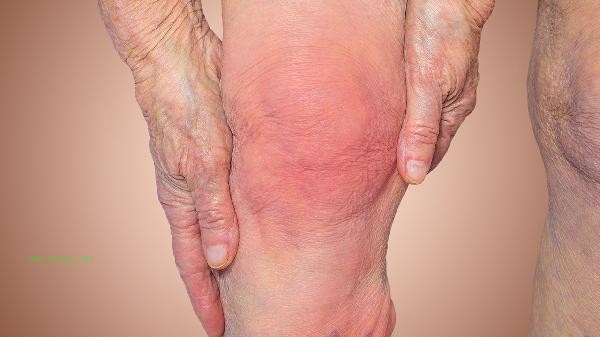
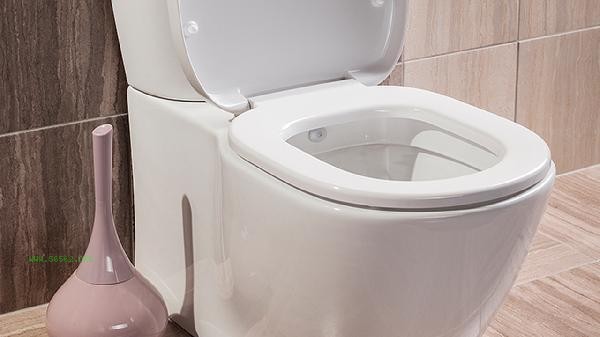
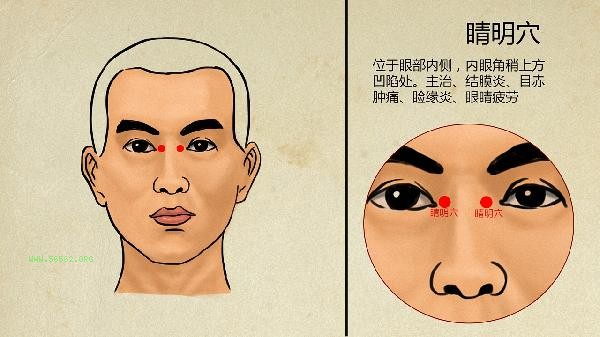
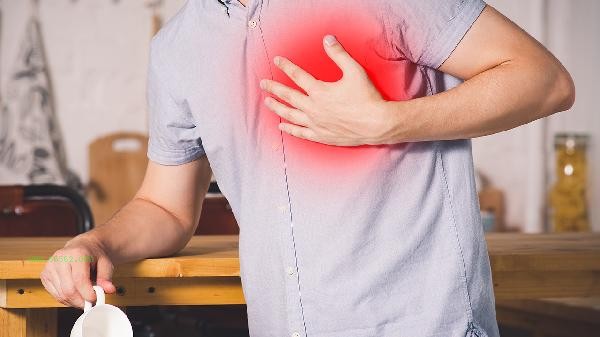
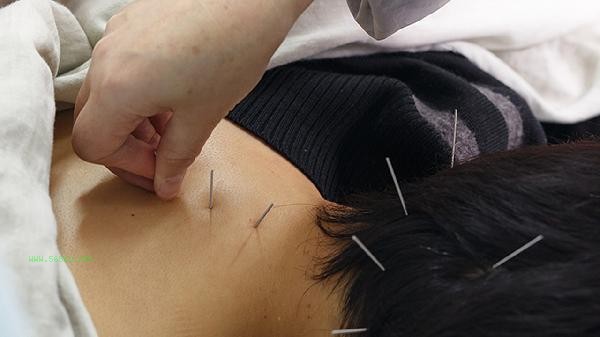



Comments (0)
Leave a Comment
No comments yet
Be the first to share your thoughts!